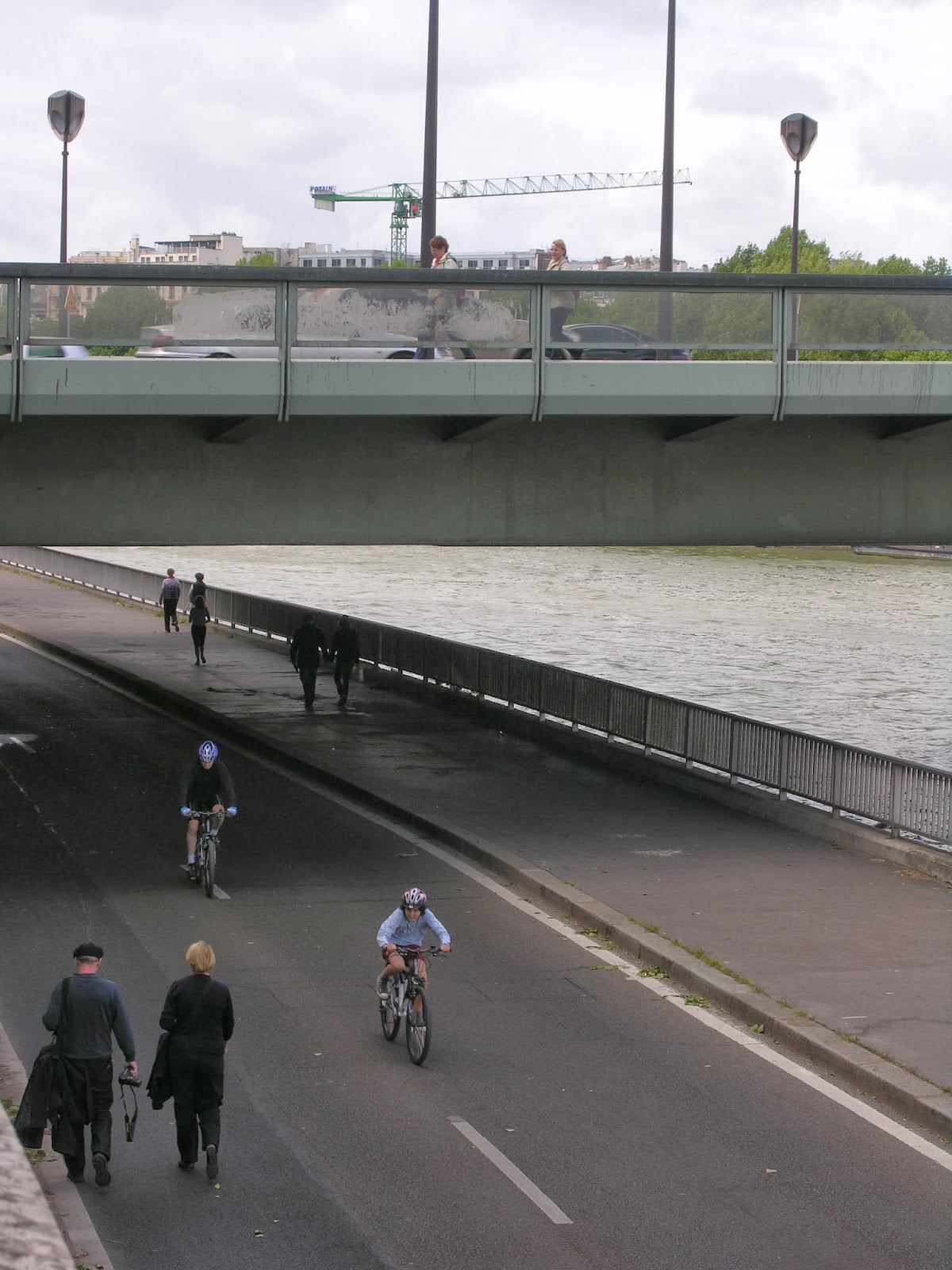It took me a while to figure out where Malcolm Gladwell's new book
David and Goliath fits
into the brilliant populizer's world view. The book documents through
the stories of several interesting people just how advantages are not
necessarily what we think they are.
It has its roots in an article that Galdwell wrote for
The New Yorker f
our years ago
about a geeky Silicon Valley dad who coached his daughter's basketball
team to victory by insisting on a full-court press every time. By
playing in-your-face ball, the "little blonde girls" overcame teams who
were more talented but who didn't keep up the pressure. Davids,
Gladwell shows, beats Goliaths nearly three-quarters of the time if he
plays the unexpected, and plays it hard.
This
uplifting message sounds like vintage Gladwell, but the book also deals
with such questions as (according to the bumph on Gladwell's webpage)
"When is a traumatic childhood a good thing? When does a disability
leave
someone better off? Do you really want your child to go to the best
school he or she can get into? Why are the childhoods of people at the
top of one profession after another marked by deprivation and struggle?"
The
question these questions prompt is: has Gladwell written a self-help
book, a companion to the many volumes about the good habits of the rich
and successful?
The book also contains a fair amount
of Biblical quotations, and at first I was inclined to think the answer
to the queston was "Yes." But neither this book nor many of his
lectures are addressed at people like me. As with his other books, he
has markets other than that of leftish intellectuals.
His first book
The Tipping Point started out as “The Cool Hunt,” a
New Yorker
piece examining how trends start, how styles race through society like
epidemics. “A must read for any marketing professional,” according to
its lead review on Amazon.com, the book can be read as a guide to
getting people to buy or to act: small groups work best, pick plugged-in
spokesmen, work to make your message “sticky.”
His second book,
Blink,
considers how we’re hard-wired to react instantaneously, which was
great for our ancestors back on the savannah when a lion might suddenly
roar nearby. In our fast-paced life today that’s not so good:
culturally-engrained prejudices can trump reasoned evaluations in tight
situations. Social contexts should be changed so we’re not forced to
rely on first impressions, he writes. That’s good for creativity—and
also social justice.
In
Outliers he
argues that success itself is based on a mixture of chance and hard
work. Change the rules to make the playing field more level — don’t
throw all the kids born in a calendar year together when they start a
sport, for example, because that gives the ones born in January a big
leg up over those born in December. Then tweak the cultural context to
value hard work, and you increase the chance of success exponentially.
The result will be more “outliers,” people whose accomplishment is
extraordinarily high.
Here he has take-home messages
for rich folk who worry about their kids--too much money can be as bad
as too little--as well as those who want to punish crime.
agressively. Forgiveness is more effective than vindictiveness, he
says: after a certain point being tougher makes things worth.And
maybe--this point just floats there without being hammered home--some
people make just too damn much money and we'd all be better off in a
more egalitarian economic system.
None of that is news
to me, but it may be for some of the people who pick up the book because
they want the real story behind David and Goliath or advice on how to
pick a university for your kid (the top school is not always the best
one.) If so Gladwell will have succeeded again sowing the seeds for
social change without seeming to try to do so.





















